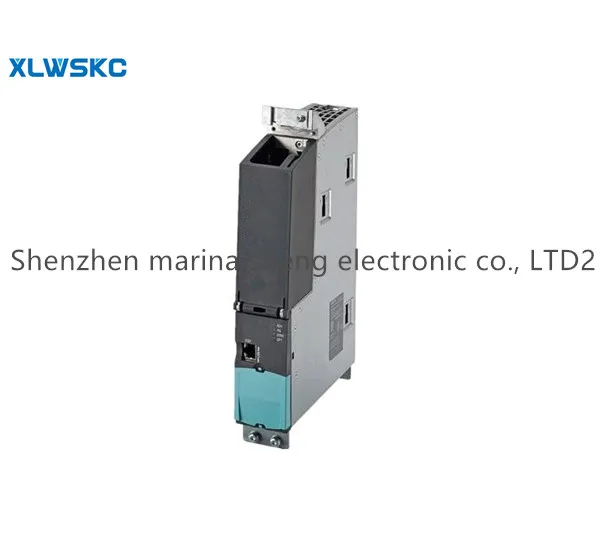
Embark on a journey into the realm of technical intricacies and performance benchmarks, where innovation meets precision. Delve into the blueprint of cutting-edge technology, where every detail serves a purpose and every specification defines a capability.
Discover the intricate web of parameters and features that compose the backbone of modern engineering marvels. Unravel the complexities, decode the language of efficiency, and decipher the roadmap to optimal functionality.
Peer through the lens of advancement and expertise, where numbers cease to be mere digits and transform into the building blocks of progress. Witness the convergence of form and function, where data becomes the architect of tomorrow’s achievements.
Step into the realm of precision engineering, where every element contributes to the grand symphony of performance. From voltage thresholds to current capacities, each aspect plays a vital role in sculpting the landscape of possibility.
Join us as we navigate the terrain of technical documentation, exploring the intricacies of electronic blueprints and the language they speak. Together, let’s decipher the code that propels innovation forward and unlocks the true potential of tomorrow’s technologies.
The Essentials of Component Documentation
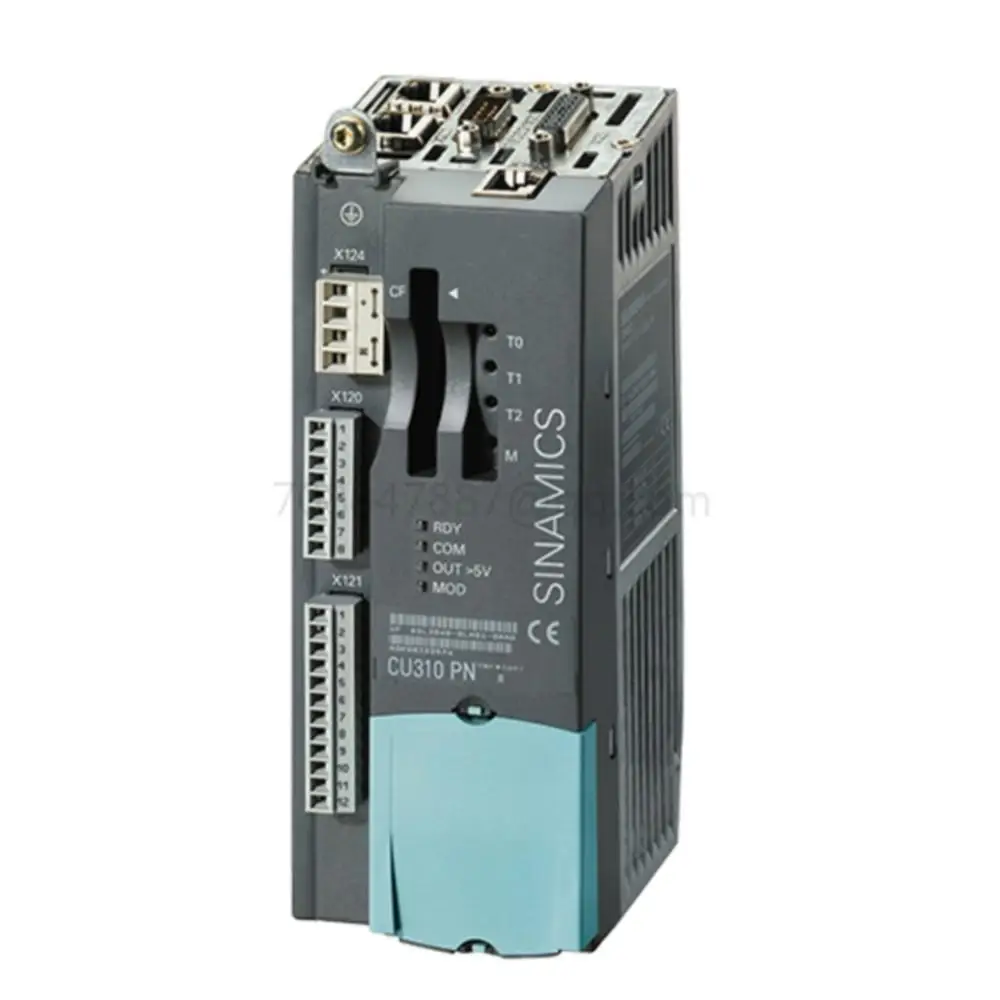
Exploring the fundamental aspects of understanding and utilizing technical specifications for electronic components is crucial in various industries. This section delves into the core elements necessary for comprehending and effectively leveraging component documentation.
- 1. Understanding Functional Specifications
- 2. Examining Performance Characteristics
- 3. Analyzing Operational Parameters
- 4. Evaluating Environmental Considerations
- 5. Reviewing Installation Guidelines
Functional specifications provide insights into the operational capabilities of a component, detailing its intended purpose and potential applications. Performance characteristics encompass metrics such as speed, accuracy, and efficiency, essential for assessing the component’s suitability for specific tasks.
Operational parameters outline the operating conditions within which the component functions optimally, including voltage requirements, temperature ranges, and compatibility with other hardware. Environmental considerations address factors like durability, resistance to moisture or dust, and adherence to industry standards for safety and reliability.
Installation guidelines offer instructions for proper integration into systems, ensuring seamless functionality and longevity. By grasping these essentials of component documentation, engineers and technicians can make informed decisions and maximize the potential of electronic components in their projects.
Understanding Technical Specifications
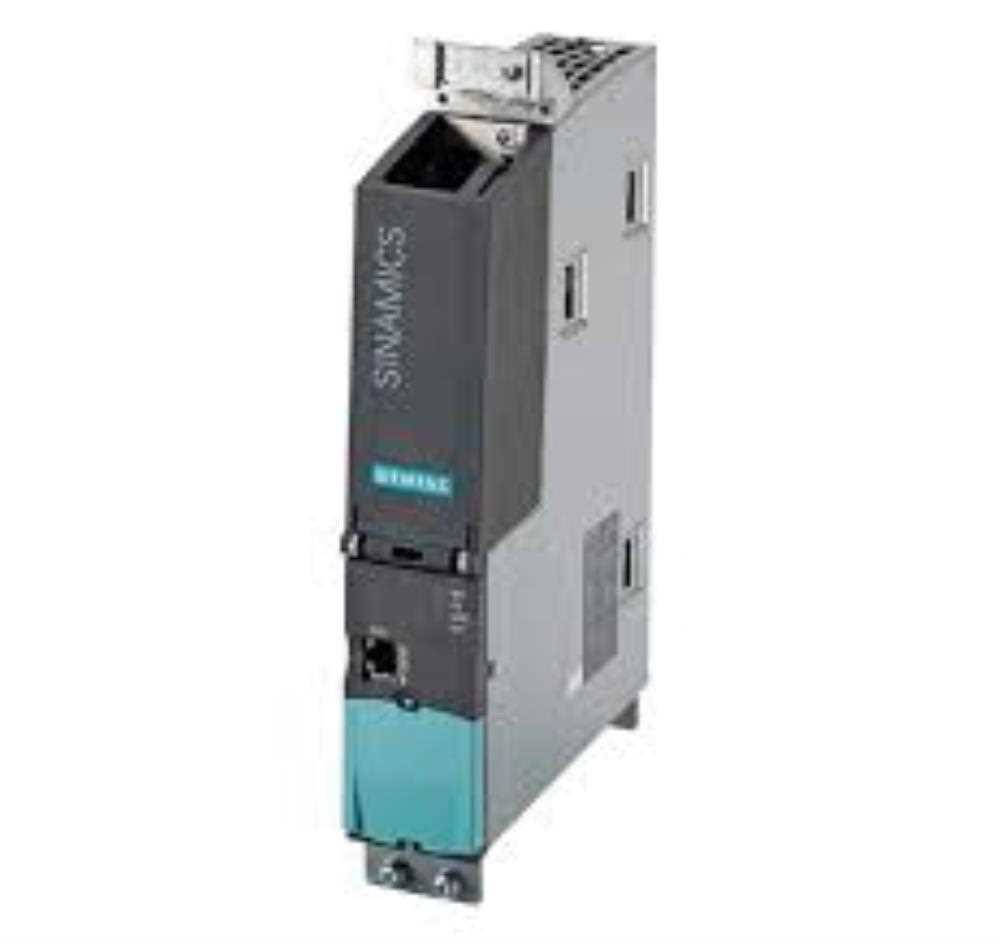
In the realm of technical devices and equipment, delving into the intricate details of their specifications is akin to deciphering a blueprint guiding their functionality and capabilities. These specifications serve as the language through which engineers, developers, and users communicate the nuanced intricacies of a product’s performance and features.
The Significance of Technical Specifications
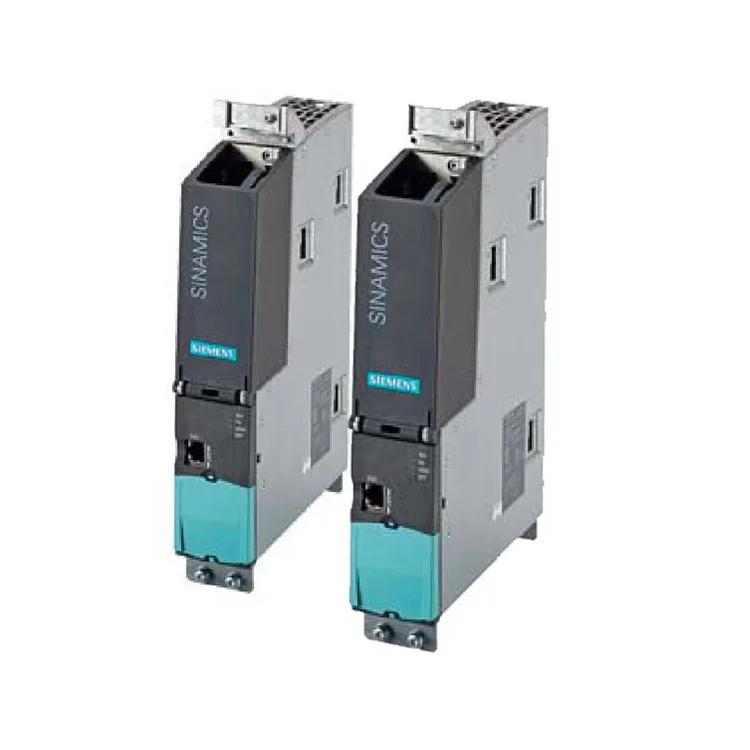
Technical specifications encapsulate the essence of a product’s design, outlining its operational parameters, performance metrics, and compatibility requirements. They provide a comprehensive roadmap for understanding the intricacies of a device’s functionality, ensuring seamless integration into complex systems and facilitating informed decision-making processes.
Deciphering Technical Jargon
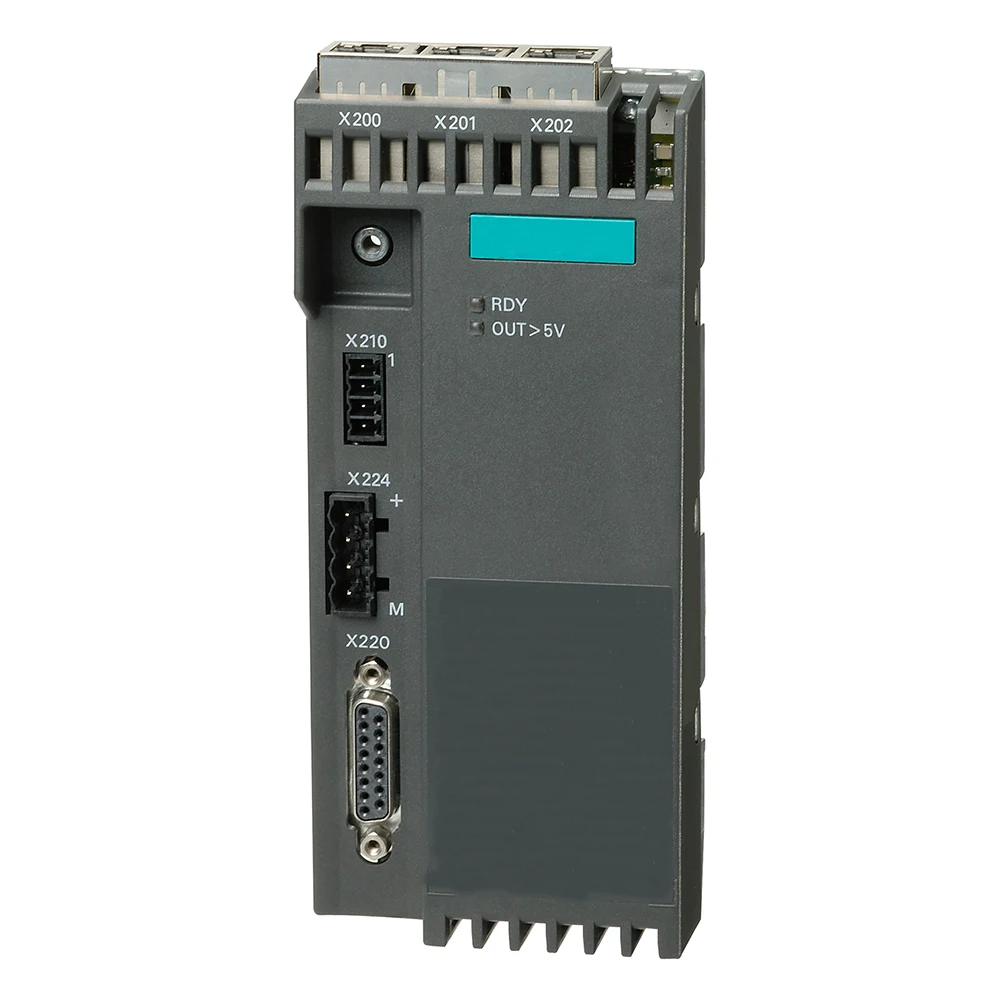
Amidst the sea of technical jargon and acronyms, comprehending specifications can be akin to solving a puzzle. However, with a systematic approach and a fundamental understanding of relevant terms and concepts, deciphering these specifications becomes a manageable endeavor. By breaking down complex terminology into digestible components and establishing connections between different parameters, one can unlock the wealth of information embedded within technical specifications.
Application Insights and Compatibility
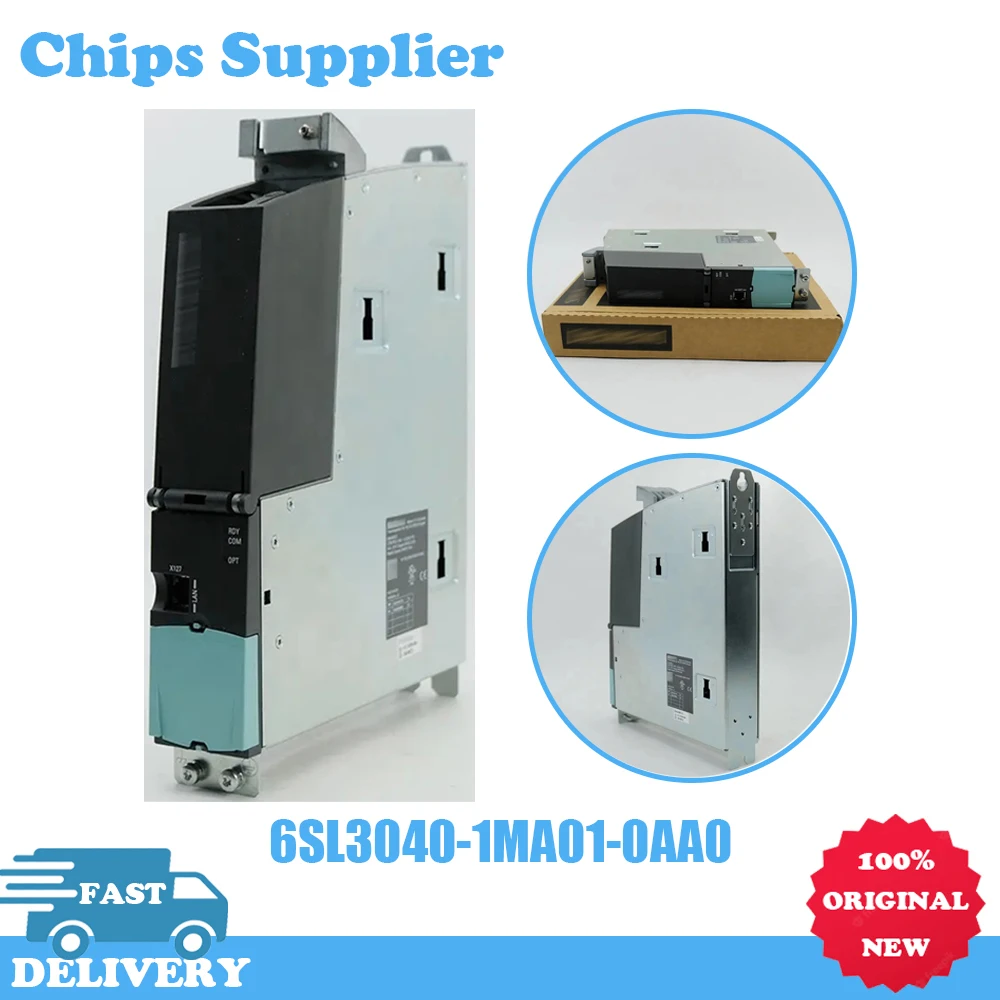
In this section, we delve into the operational landscape and adaptability considerations for seamless integration and utilization. Understanding the contextual relevance and operational applicability forms the crux of navigating through diverse scenarios and ensuring harmonious compatibility.
Operational Insights
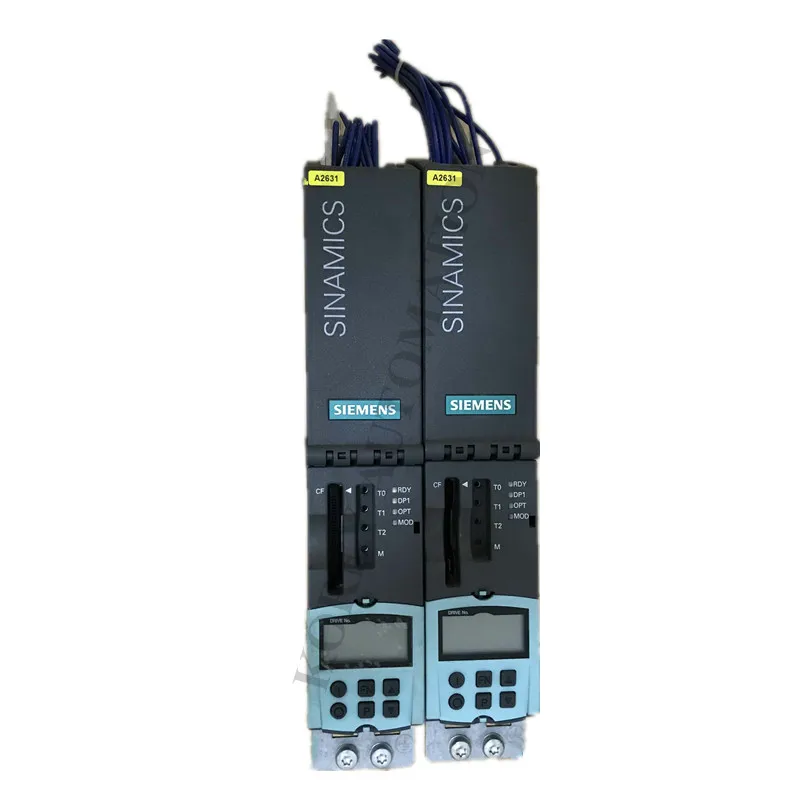
Operational insights provide a panoramic view of the functional dynamics, enabling stakeholders to grasp the operational essence without being tethered to specific nomenclature. By elucidating the operational paradigms, stakeholders can discern patterns and optimize strategies for enhanced efficiency.
Compatibility Considerations
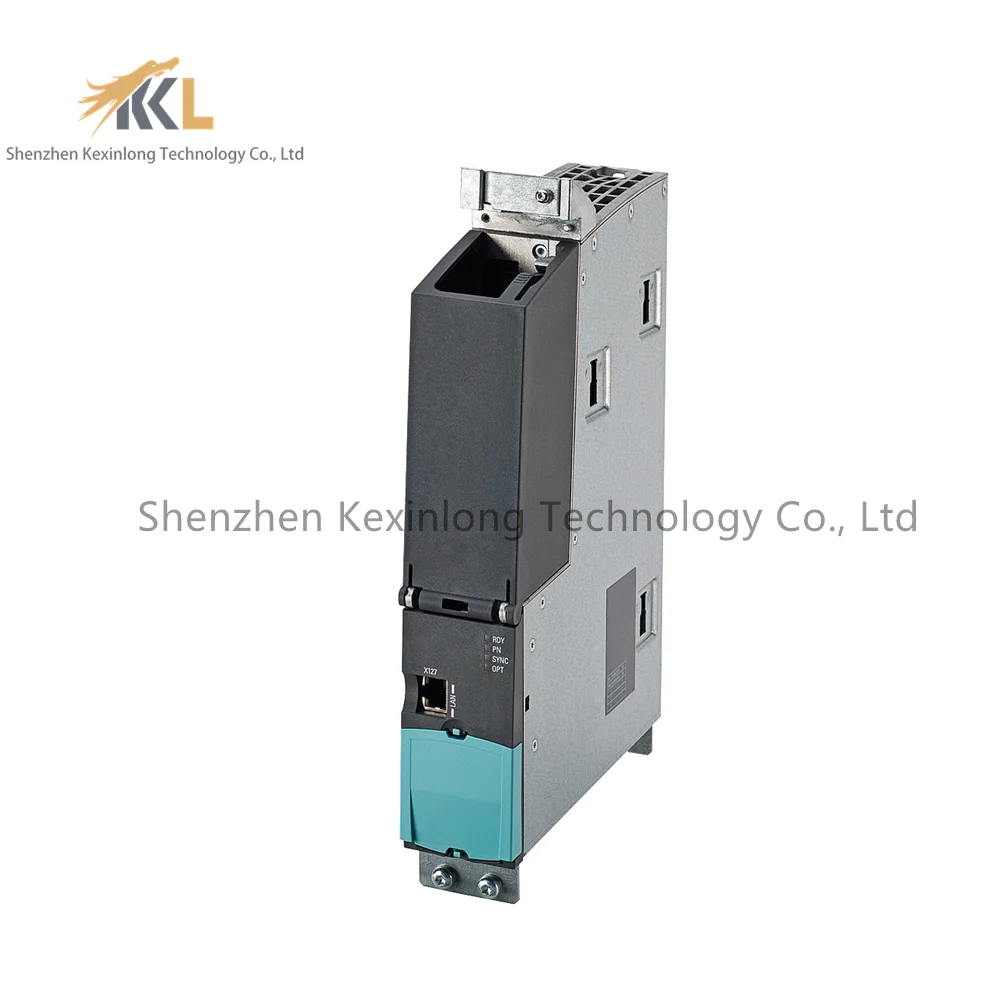
Compatibility considerations encompass a spectrum of factors ranging from hardware integration to software interoperability, fostering a conducive environment for holistic utilization. Assessing compatibility extends beyond mere technical specifications, encapsulating the synergy between diverse components to facilitate seamless operation.
Optimizing Performance with Configuration Tips
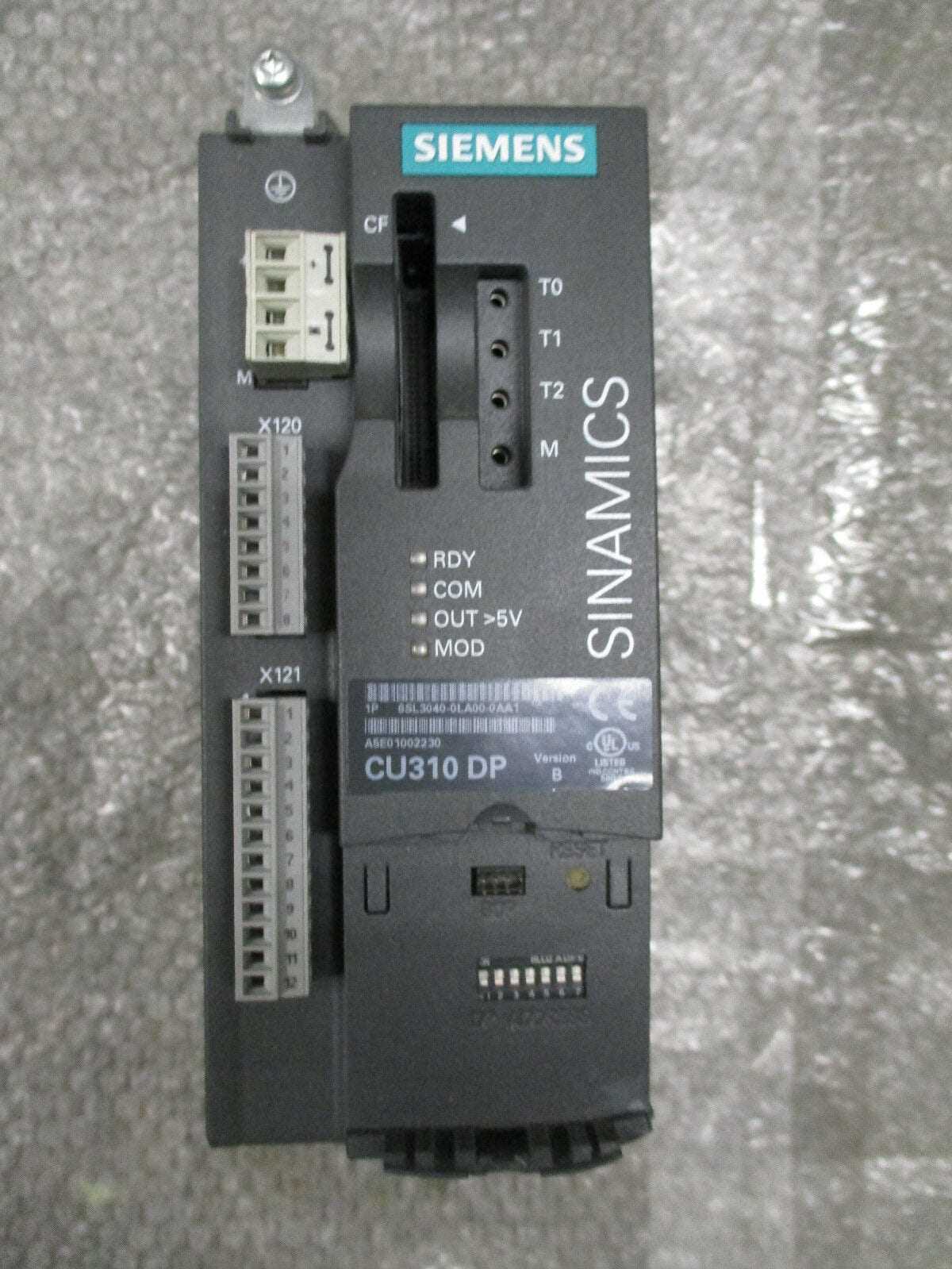
Enhancing the efficiency and effectiveness of any system often hinges on the fine-tuning of its configuration parameters. In this section, we delve into strategies aimed at maximizing performance through thoughtful adjustments and optimizations. By exploring various configuration tweaks and strategic adjustments, we aim to elevate operational efficiency and output quality.
Firstly, let’s examine the nuances of fine-tuning parameters to align with specific operational requirements. By delicately adjusting settings, one can harness the full potential of the system while minimizing resource consumption. This entails a meticulous balance between throughput and resource allocation, ensuring optimal performance without compromising stability.
Furthermore, strategic optimization involves identifying and rectifying bottlenecks within the system. By pinpointing areas of congestion or inefficiency, one can strategically reallocate resources or adjust parameters to alleviate strain and streamline operations. This proactive approach fosters a responsive and agile system capable of meeting evolving demands.
Additionally, leveraging advanced configuration features empowers users to tailor the system to unique use cases and objectives. Fine-grained control over parameters allows for precision optimization, catering to specific workflows and performance benchmarks. Through experimentation and iteration, users can uncover hidden potential and extract maximum value from the system.
In conclusion, optimizing performance through configuration tips requires a nuanced understanding of system dynamics and operational requirements. By employing strategic adjustments, identifying bottlenecks, and harnessing advanced features, users can unlock the full capabilities of the system while enhancing efficiency and output quality.